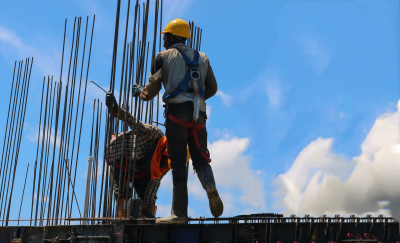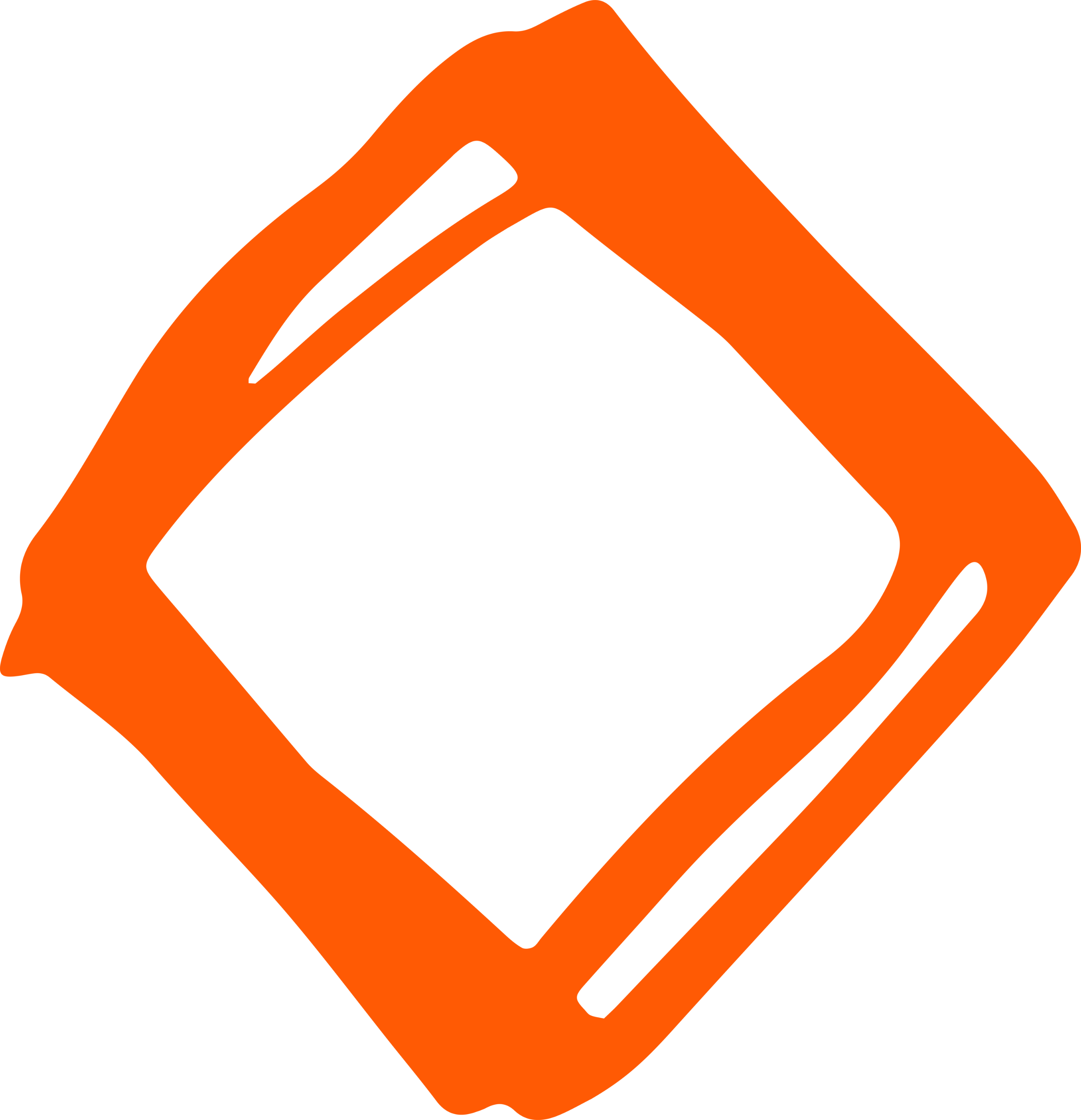
Here are seven things you need to know about modern slavery during the new lockdown.
1) Those in unsteady jobs, zero-hour contracts and industries such as hospitality which will have to close during lockdown might be forced to accept work in poor conditions or be at risk of exploitation during this time.
2) People financially struggling after the first lockdown will be more badly hit the second time around and be more vulnerable to exploitation – for example, taking on risky work, sex work or working for less than minimum wage.

3) The high-risk sectors of construction and agriculture will continue to function during lockdown, and with fewer people around to notice forced labour taking place, exploiters have a free hand to operate. Find out how to spot the signs of exploitation.
4) With increased demand for goods online and some people stockpiling, online shops and supermarkets will be over-stretched. This means some businesses will have to recruit large numbers of people in a relatively short space of time to work in warehouses, distribution, logistics, transportation, on farms, and as casual workers in retail. With such pressure to recruit, normal checks might be overlooked and exploiters will take advantage of the gaps by infiltrating supply chains.
5) Closure of non-essential services, such as housing support, food banks and soup kitchens, means victims who use them for some interaction with others will lose this important contact. As a result there is less opportunity to reach out for help, and potential victims might feel that staying with exploiters is safer than ending up on the street.
6) Covid-19 and lockdown, compounded by a looming Brexit, means out-of-work EU nationals living in the UK face an uncertain future about their status. This makes them more vulnerable to offers from exploiters or threats of being reported to authorities.
7) A significant chunk of Unseen’s Modern Slavery Helpline calls come from members of the public who have observed something suspicious. But with the public staying at home, exploitation is less likely to be spotted.
Learn to spot the signs of modern slavery and help keep people safe from exploitation during the Covid-19 pandemic and during lockdowns.


